Table of Contents
In this blog post, you will learn about conjunctions in English, which are words that connect words, phrases, or sentences to make your writing more coherent. Conjunctions help link ideas smoothly, making communication clear and organized. There are different types of conjunctions, such as coordinating, subordinating, and correlative, each serving a specific purpose. We will explain their definitions, types, and provide simple examples for easy understanding.
What are Conjunctions?
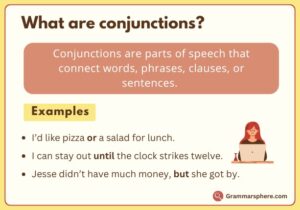
Conjunctions are words that connect words, phrases, or sentences. They help link ideas and make our speech or writing flow more smoothly..
Example Sentences:
I wanted to go out, but it started raining.
She likes tea, and he prefers coffee.
We can watch a movie or go for a walk.
Types of Conjunctions
Conjunctions are divided into three main types:
- Coordinating Conjunctions
- Subordinating Conjunctions
- Correlative Conjunctions
1. Coordinating Conjunctions
These are the most common conjunctions and are used to connect words, phrases, or independent clauses that are of equal importance. There are seven coordinating conjunctions that can be remembered using the acronym
FANBOYS:
- For
- And
- Nor
- But
- Or
- Yet
- So
Example words: and, but, or, so
Example sentences:
- I wanted to go out, but it started raining.
- She likes apples, and he loves oranges.
- You can stay home, or you can come with us.
2. Subordinating Conjunctions
Subordinating conjunctions connect an independent clause (a complete sentence) with a dependent clause (a sentence that cannot stand alone). These conjunctions show the relationship between the two parts, such as time, cause, or contrast.
Subordinating conjunctions Words:
- Because
- Although
- Since
- When
- If
- While
- After
- Before
Example words: because, although, since, while
Example sentences:
- Because it was raining, we stayed inside.
- Although she was tired, she kept working.
- I’ll call you when I get home.
3. Paired Conjunctions
Paired conjunctions, also called correlative conjunctions, work in pairs to join equal elements in a sentence. They ensure balance and clarity by linking two equally important ideas or actions.
Paired conjunctions Words:
- Either…or
- Neither…nor
- Both…and
- Not only…but also
Example words: either…or, neither…nor, not only…but also
Example sentences:
- Either you come with me, or you stay here.
- Neither the rain nor the traffic could stop us.
- Not only did she finish her homework, but also she helped her brother.
Conjunction Example Sentences
- I love reading books, but I don’t have much time.
- She is tired, yet she keeps working hard.
- We can go to the park, or we can stay home.
- They didn’t finish their work because they were late.
- Although it was cold, we went for a walk.
- You can have tea or coffee, whichever you prefer.
- Since it’s raining, we should stay indoors.
- He likes both pizza and burgers.
- If you study hard, you will pass the exam.
- Not only is she smart, but also she is very kind..
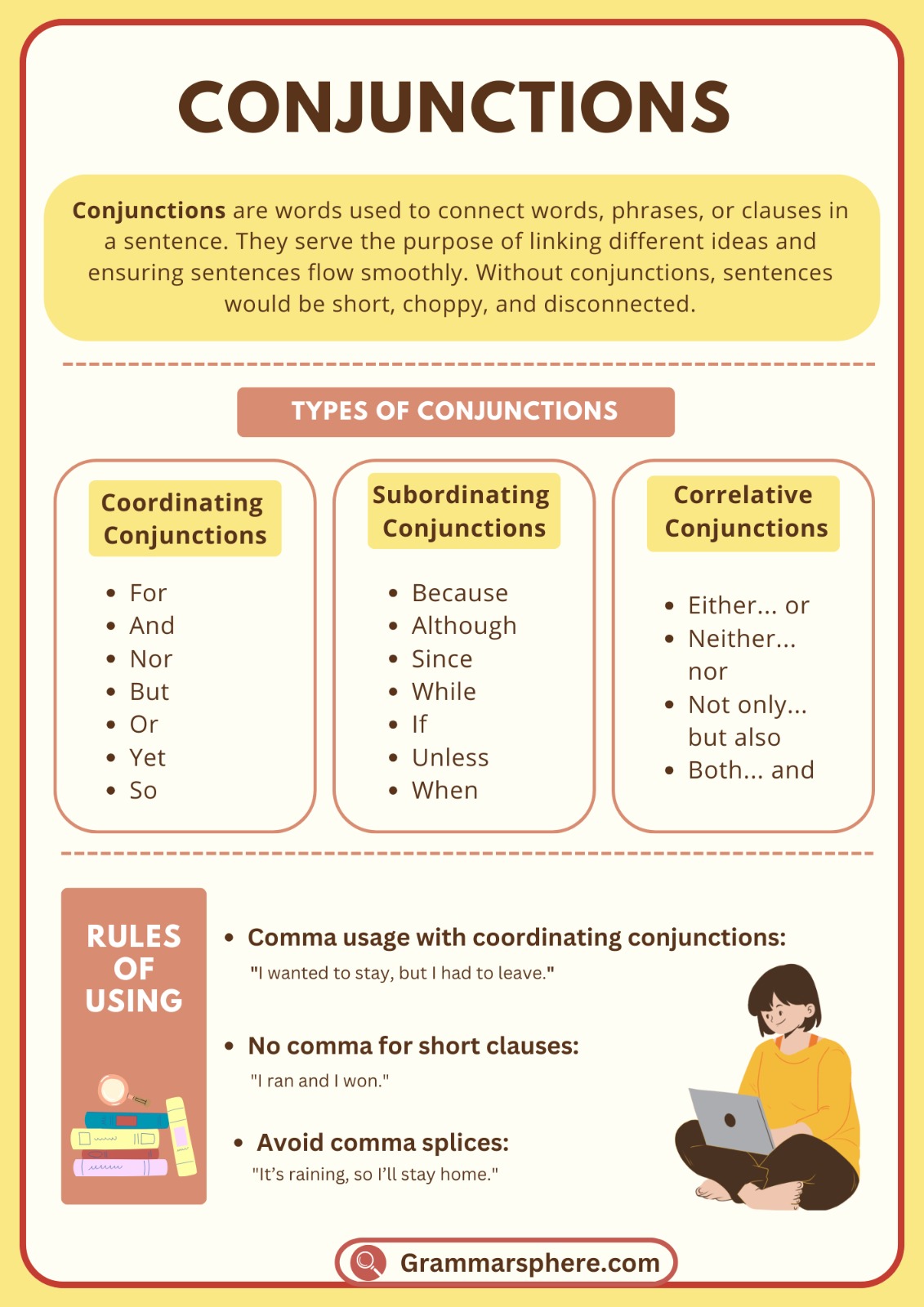
Common Conjunction Mistakes
Even though conjunctions are simple to use, they can lead to some common mistakes, especially for beginners. Let’s look at a few of the most frequent errors and how to avoid them.
1. Using the wrong conjunction
Sometimes, people choose a conjunction that doesn’t fit the relationship between the ideas in a sentence. For example:
✗ I studied hard, because I failed the test.
✓ I studied hard, but I failed the test.
2. Starting a sentence with a conjunction incorrectly
While it is acceptable to start sentences with conjunctions in informal writing or speech, doing so incorrectly can make the sentence unclear:
✗ And I went to the store.
✓ I went to the store. And I bought some fruit.
3. Forgetting to balance correlative conjunctions
Correlative conjunctions (like either/or, neither/nor, not only/but also) must always come in pairs. Forgetting one part of the pair leads to unbalanced sentences:
✗ He likes either coffee.
✓ He likes either coffee or tea.
4. Incorrect punctuation with conjunctions
When connecting two independent clauses with a coordinating conjunction, you need a comma before the conjunction. Missing it is a common mistake:
✗ I went to the park and I played football.
✓ I went to the park, and I played football.
5. Overusing conjunctions
Overusing conjunctions can make sentences unnecessarily long or confusing. It’s important to break ideas into clear, concise sentences:
✗ She went to the store, and she bought some milk, and then she went home, and she made dinner.
✓ She went to the store, bought some milk, and then went home to make dinner.
Starting a Sentence with a Conjunction
You can start a sentence with a conjunction (like and, but, or, so, yet, etc.). This can help your writing sound more natural and conversational.
Why Use It?
Starting with a conjunction can help connect ideas and make your writing flow better. It can also emphasize what you want to say.
- And I really enjoyed the movie.
- But I didn’t like the ending.
- Or we could try a different restaurant.
Common Mistakes
Make sure your sentence isn’t just a fragment. It should have a complete thought.
✓ But I still want to go out.
✗ And is my favorite season.
Don’t use this too much, or your writing might sound awkward.
✓ Yet I found a way to solve the problem.
✗ And I went to the store. And I bought some milk.
Frequently Asked Questions about Conjunctions
What are Conjunctions?
Conjunctions are words used to connect other words, phrases, or clauses within a sentence. They serve to link ideas, creating sentences that are clearer and more natural for reading or listening. Think of conjunctions as bridges that help show the relationship between different parts of a sentence.
Why are Conjunctions Important in English?
Conjunctions are essential because they make it easier to combine ideas without needing multiple, shorter sentences. This makes our sentences smoother and helps clarify the connections between thoughts.
How Do Conjunctions Work in Sentences?
Conjunctions can join two words (e.g., tea and coffee), phrases (e.g., in the morning or at night), or clauses (e.g., I wanted to call you, but I forgot).
You May Also Like

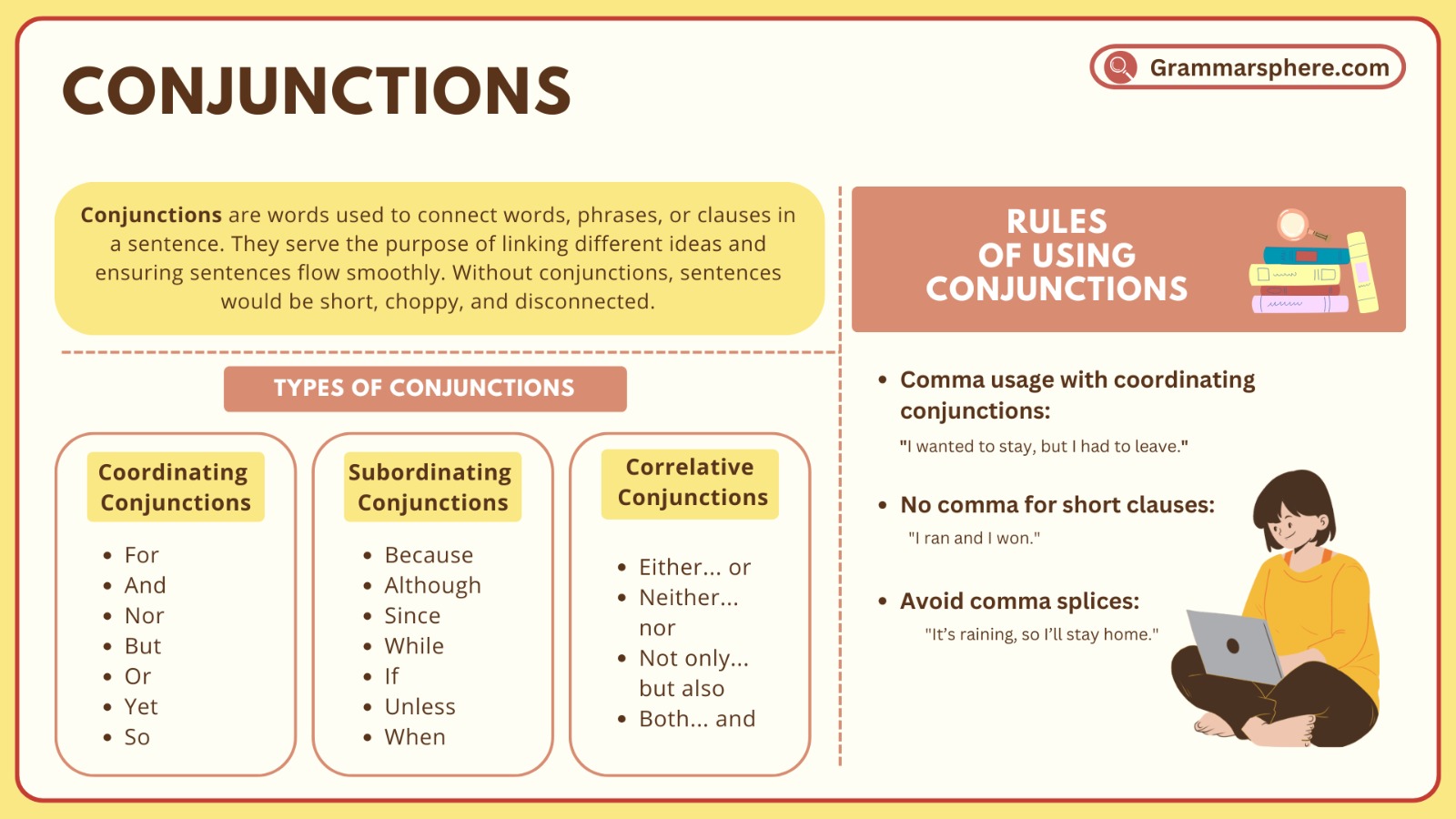
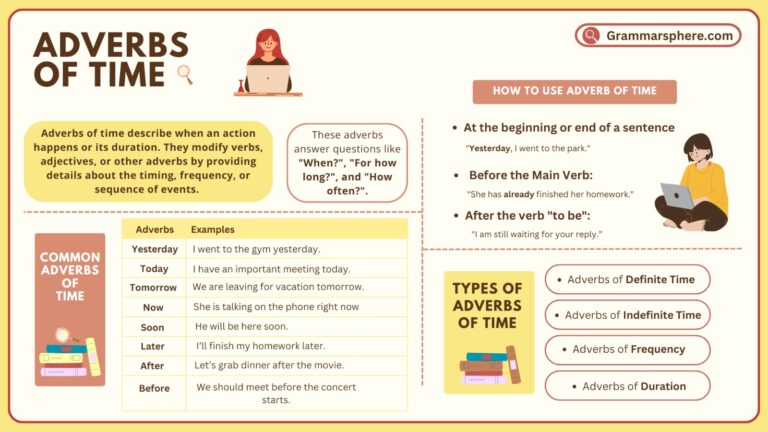
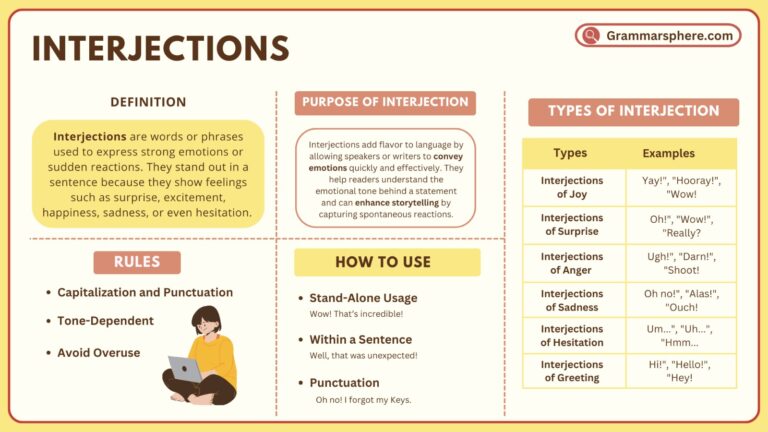
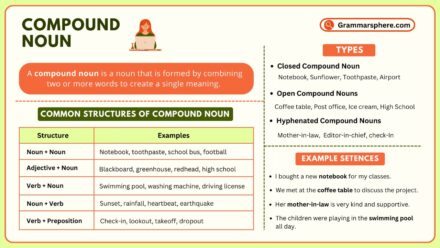
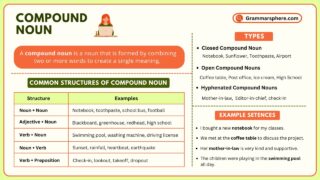
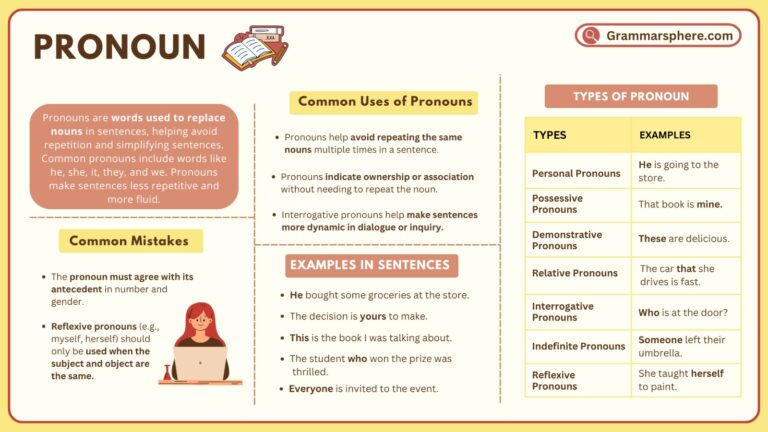
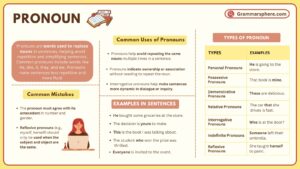
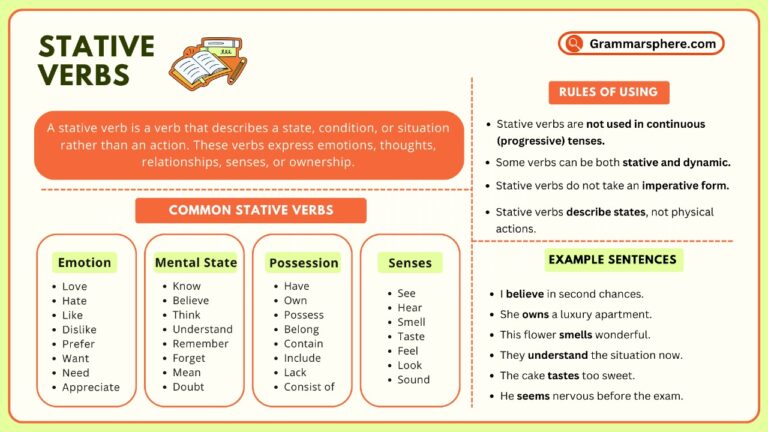
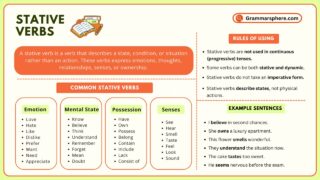
Leave a Comment